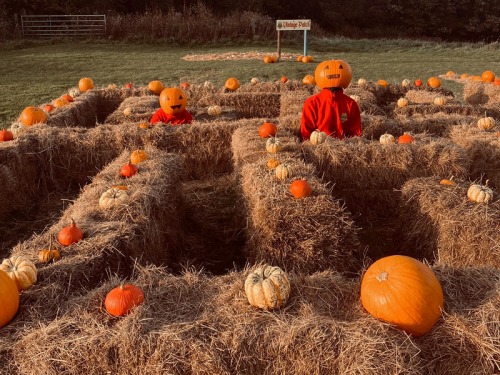How To Support Craven Wildlife Rescue This Autumn (and What To Do if You Find an Injured Animal)
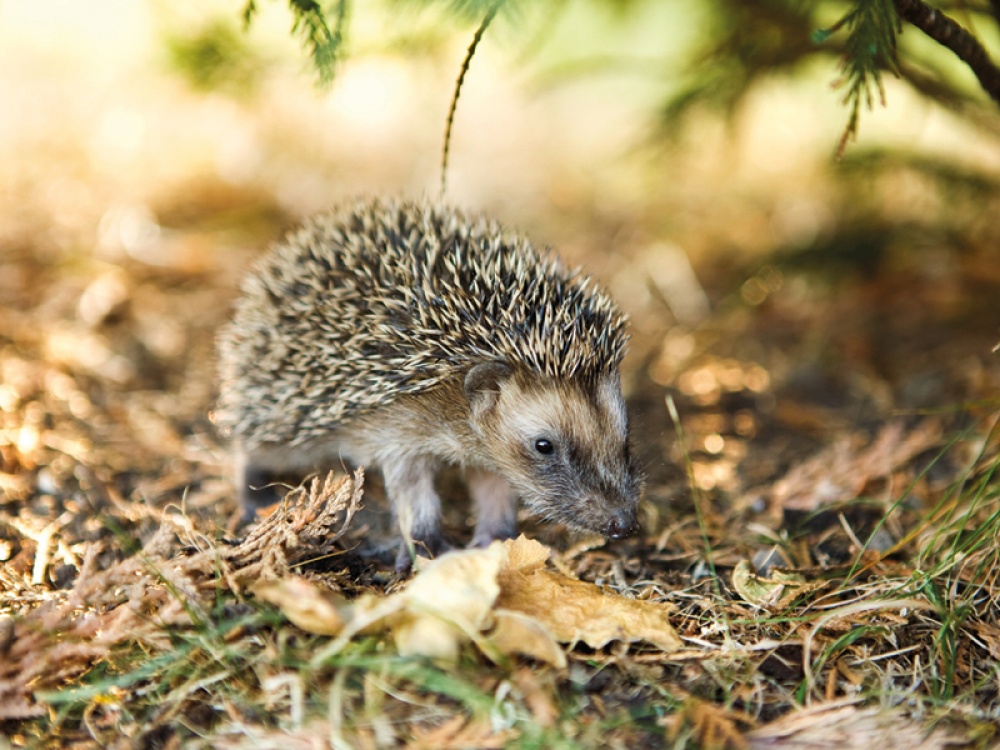
Craven Wildlife Rescue is one of the leading wildlife rescue charities in North Yorkshire, but they need your support to continue returning hundreds of animals and birds to the wild every year
There are no wildlife rescues in this area so we’re doing what we can to fill that gap,’ says co-founder Jane Carpenter. ‘It started totally accidentally. I’m a full-time police officer and would find animals in the night – mainly hedgehogs and owls – and try to get help for them but there was nowhere to take them without driving miles and miles (Thirsk, Preston, Cheshire). So I was spending my days off driving to lots of different rescue centres to get help for the animals I found.
‘During Covid I rescued some hedgehogs and house martins, but all the rescues I’d normally take them to said I couldn’t (because we couldn’t travel) but said I knew enough about wildlife and they would help and advise me. At the same time, Penny [Hunt], our other co-founder, was also rescuing hedgehogs that she’d found in her garden. She was generally driving to Bingley or Manchester but a couple of rescues that Penny worked with suggested she should start a rescue locally. It all started in our own homes.’
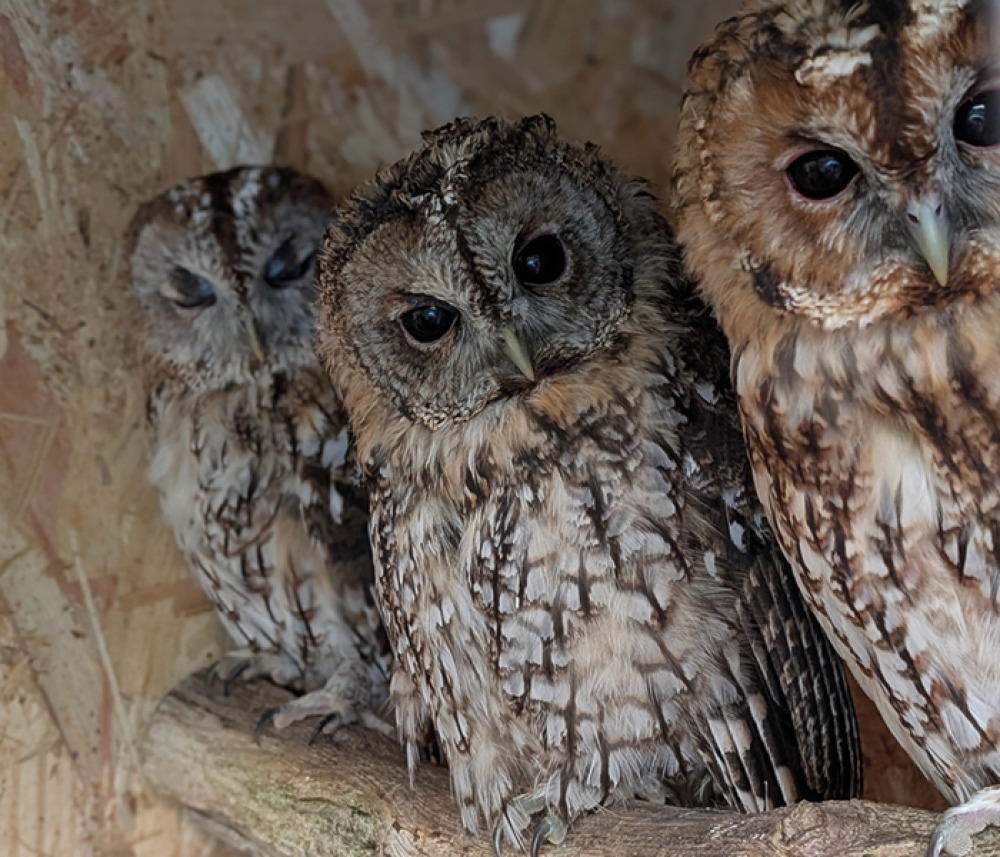
Since then, they have made it their mission to help wild animals in need and help the community understand their needs through support and education. Craven Wildlife Rescue has cared for more than 1,500 animals since 2019 and most of the animals rescued are red and amber listed on the endangered species list. ‘We’ve rescued, rehabilitated and released hedgehogs, owls, badgers, weasels, stoats, ducklings, geese,’ says Jane. ‘For most wildlife we have been able to rescue, rehabilitate and release them back into the wild.’
If you find a sick animal, Craven Wildlife Rescue’s team of volunteers, and Jane and Penny, are always on hand. ‘They should ring our rescue number or reach out to us on WhatsApp and it’s almost always Penny or myself who will answer the phone,’ says Jane. ‘We’ll advise them on what they can do. We’ve had phone calls this morning about a baby hedgehog and our advice was to get it to us as soon as possible (unless it has a catastrophic injury). Sometimes we’ll decide, depending on the problem, if the animal actually needs to see a vet. We’ll advise on which vets to go to. A lot of people worry about how much it’ll cost them but the vet won’t charge for wildlife. If the animal then has a chance of rehabilitation, we’ll take it from there.’
Jane says being able to rescue a wild animal and return it to its habitat is ‘the best feeling in the world’. ‘It’s the hardest job in the world but the best feeling in the world,’ she adds. ’It consumes every moment of spare time we have as we both work full-time, but we have had lots of volunteers come on board to help us. The family of rescuers and volunteers and transport volunteers is growing and we’re working really closely with vets too. It’s absolutely fabulous and it has been life changing for a really good reason.’
Patrick Grant, best known for the BBC’s The Great British Sewing Bee, was appointed as the charity’s first patron and trustees have recently come on board to support the charity. You can help support Craven Wildlife Rescue by donating either time, money or food supplies, and any fundraising efforts or even offers of transport are key to the charity’s important work. ‘We’re up in Horton in Ribblesdale near Settle, and last night we had two hedgehogs brought in from Otley because the other local rescues were closed,’ says Jane.
‘That’s a long journey, so the finder was able to get them to Skipton then some of our transport volunteers were able to go to Skipton and bring them up to us. We also heard about a little owl that was in trouble and the volunteers were able to collect that at the same time. The transport is a huge part of our logistical difficulties because we’re taking in from the borders of Cumbria and Lancashire and West Yorkshire, as well as Craven. If people can help us with that, that’s absolutely brilliant.’
The future is bright for Craven Wildlife Rescue as long as this support continues. The charity is currently based in temporary accommodation and autumn/winter is often a busy time for the team. ‘We would like to have our own premises and develop that to be purpose-built for the wildlife we want to look after,’ explains Jane. ‘We’d also like to be self-supporting; we’d like to run courses to educate. It would also be really nice to support the rescue with paid staff so we can have staff on site and we’d like to become a more established rescue.’
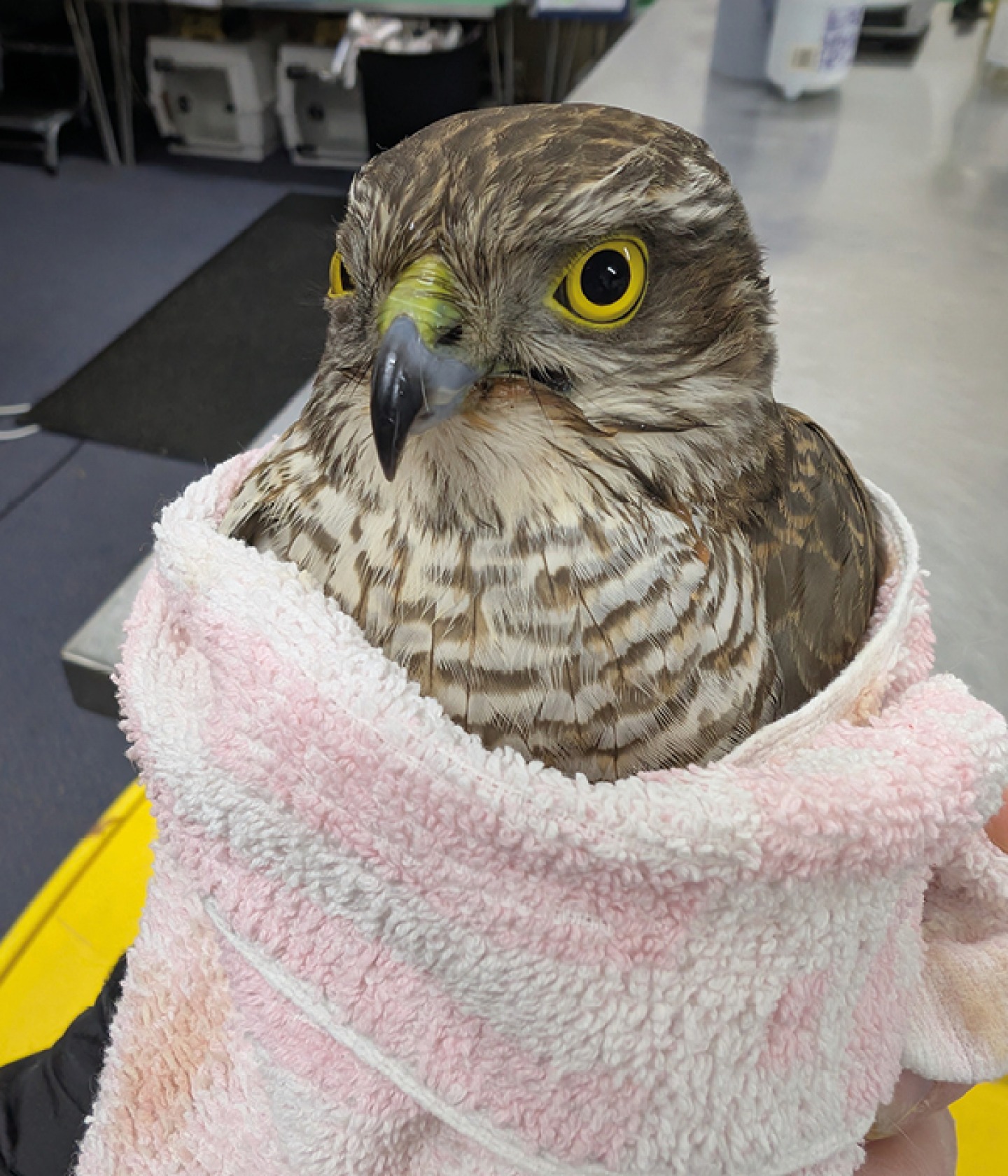
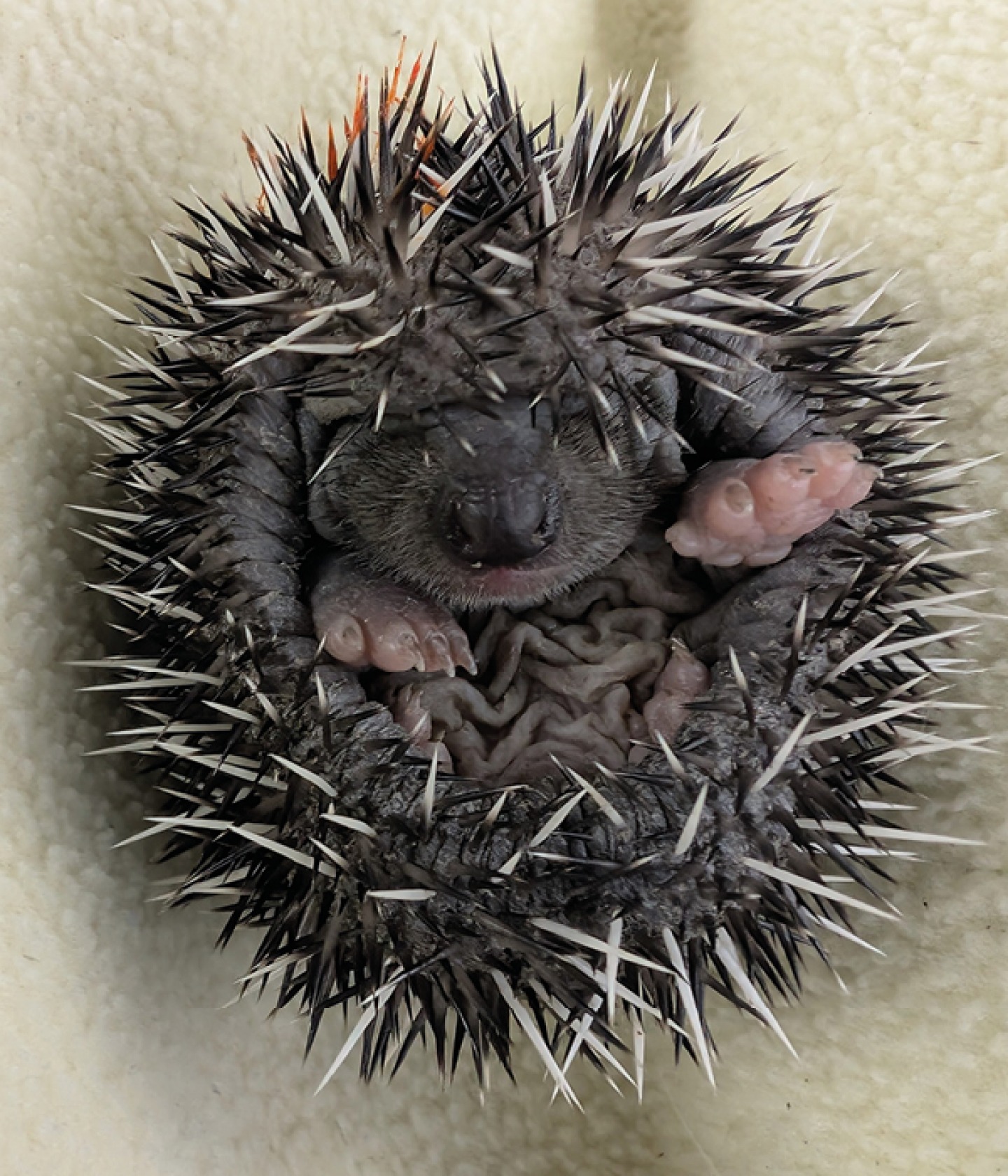
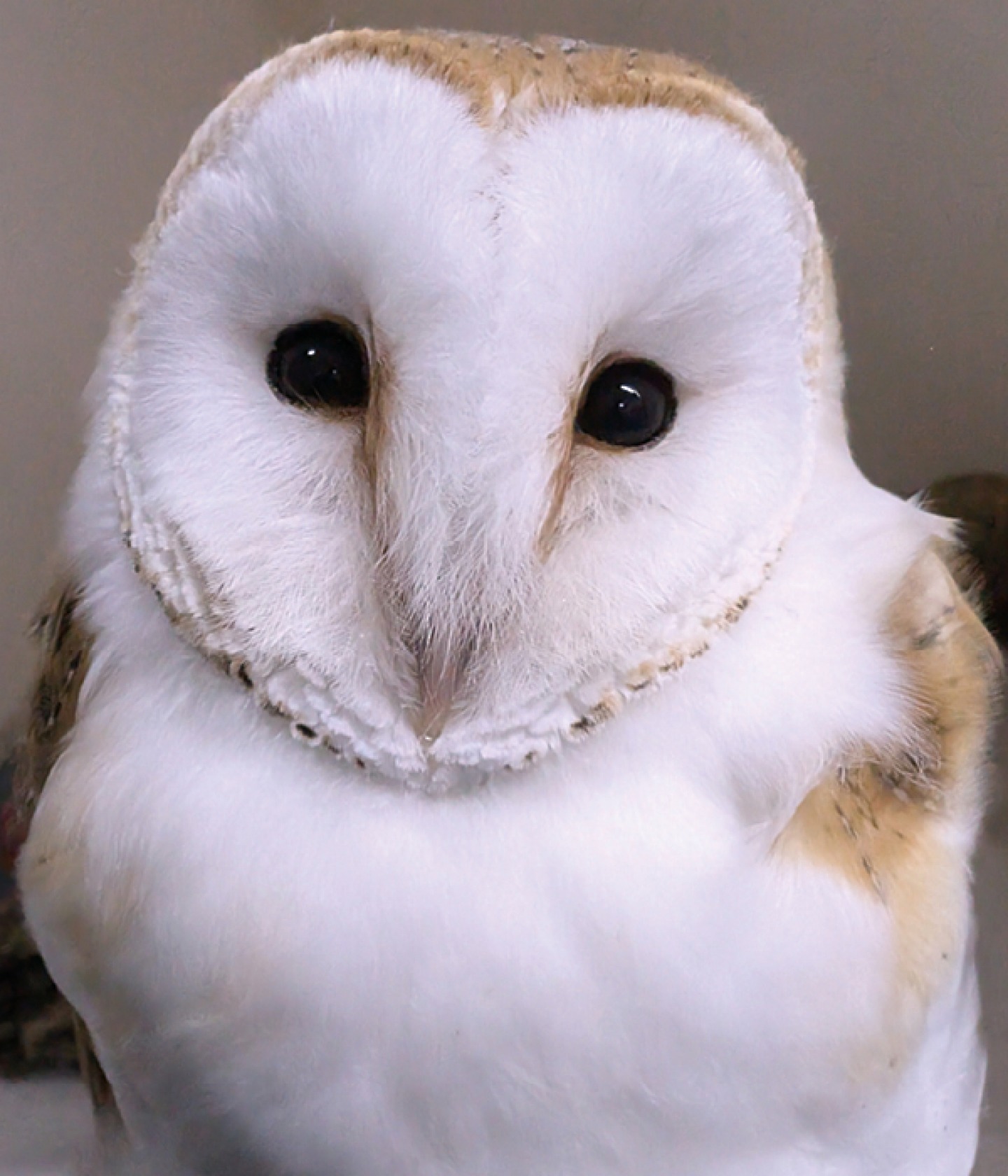
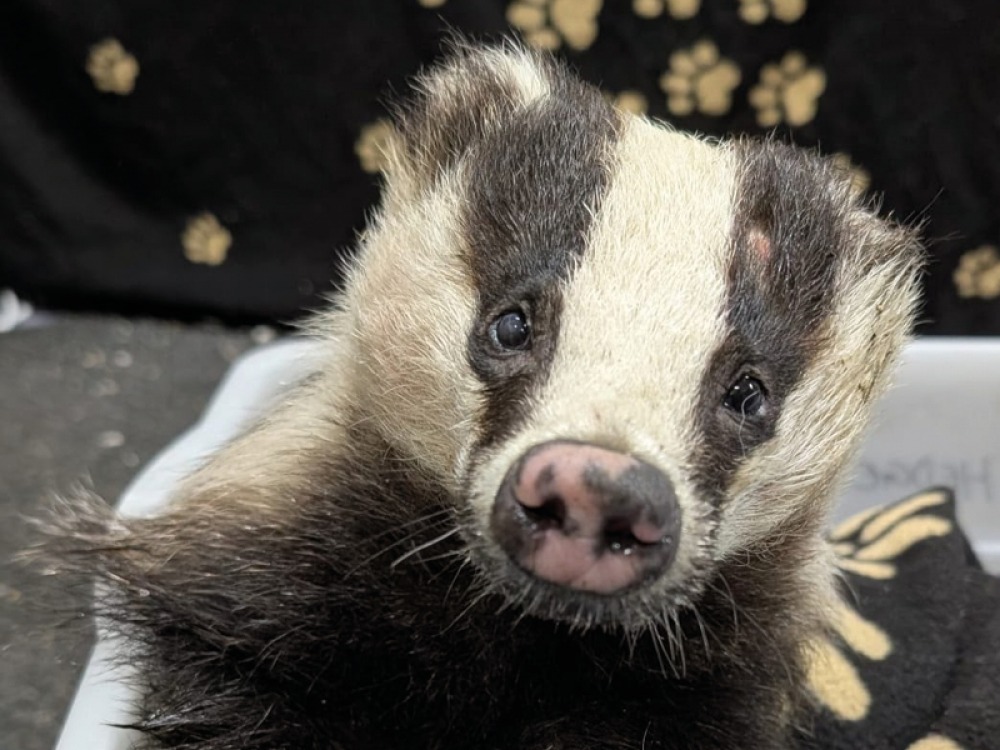
What To Do If You Find A Sick Animal
Secure the Animal
Most animals and birds are fine in a secure, high-sided box. Put an old towel in the bottom so they don’t slide around on the journey.
Contact Craven Wildlife Rescue
Call or message. They can advise on next steps or even share nearer rescues if possible.
Add Heat and Water
The majority of animals and birds will benefit from additional heat. You could use a hot water bottle wrapped in an old towel for example.







